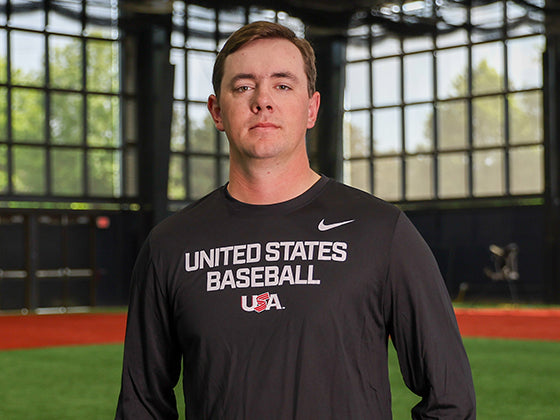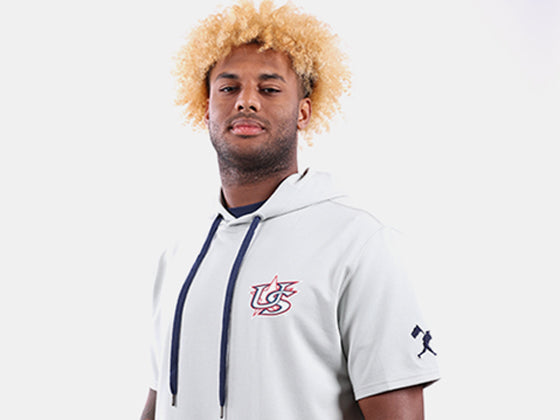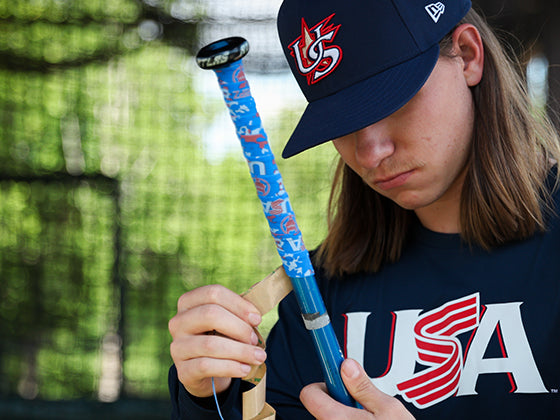When he was drafted by the Boston Red Sox in the 14th round of the 2006 MLB First-Year Player Draft, most people who knew Matt LaPorta figured the Florida Gators junior slugging first baseman would sign and forego his senior season in Gainesville.
But most people were wrong.

LaPorta, the 2005 SEC Player of the Year as a sophomore, believed he could improve his draft standing if he returned for his senior year at Florida. Conventional wisdom suggests that players returning to school after being drafted as juniors lose much of their bargaining power. After all, seniors have little leverage remaining when they enter their last season of eligibility.
It can be a difficult decision for a young player. Everyone, it seems, has an opinion. And most aren’t shy about sharing them.
“On one hand it’s a difficult decision because the world says it’s a dumb decision and you keep hearing that you’ll never get as much money as after your junior year in college,” LaPorta says. “It was just a lot of negative things.”
But LaPorta never wavered. He was used to waiting to fulfill his dream of playing major league baseball. Coming out of Charlotte High School in Punta Gorda, Fla., in 2003, the Chicago Cubs called his name in – like the Red Sox later – the 14th round. The opportunity to play Division I baseball at Florida lured him away from signing out of high school. LaPorta understood that a down year as a junior in college in which his batting average fell from .328 as a sophomore (while helping the Gators reach the College World Series final), to .259 played a role in his draft placement in 2006. “But I believed in how good I was and believed in the talent I was blessed with,” he says. “I believed in the kind of player I was.”
Indeed, it proved to be a huge positive. LaPorta regained his stroke and earned his second SEC Player of the Year honor, batting .402 with 20 home runs. It was the kind of performance that had helped land him on the 2005 USA Baseball Collegiate National Team two years before where he played alongside some big names – then and now – such as David Price, Max Scherzer and Matt Wieters to name just a few. That tenure helped convince LaPorta he belonged.
The Milwaukee Brewers certainly thought so, taking LaPorta in the first round of the 2007 Draft with the seventh overall pick. His “gamble” of returning to school – he’ll tell you it was no gamble at all – had paid off. He received a $2 million signing bonus.
But even as a professional, Matt’s time with USA Baseball wasn’t through. He was selected to the 2008 United States Olympic Baseball Team where he primarily played left field. In a four-game pre-Olympics exhibition series with Canada, LaPorta slugged three home runs and delivered five RBI. In the Olympics in Beijing, LaPorta was involved in a hard slide at home plate in the fifth inning of a game against the host Chinese. Two innings later, he was struck in the head with a fastball by relief pitcher Chen Kun. LaPorta sustained a minor concussion and was taken to a local hospital. The U.S. won the game 9-1.
He bounced back in the Bronze Medal Game, slugging a home run to help secure a medal for the Americans.
“It was amazing being on the podium and having a medal placed around your neck,” he says. It’s hard to duplicate that feeling. It was a great experience and I’m very grateful for it.”
The Olympic experience remains a highlight of LaPorta’s baseball career, which ended last spring when he retired to begin his new career as a loan officer with SunTrust Mortgage in the Tampa area. His good friend, former NFL punter Tony Umholtz, introduced him to mortgage banking, and LaPorta – despite not studying it in college and with no real experience in the field – flourished. “I’ve really enjoyed it and I do see it as a long-term career. I do have to say this is harder than baseball. With baseball, I had played it all my life. With this, you learn something every day.”

LaPorta has landed on his feet post-retirement and he’s set up a charitable foundation to help other former players ease into their new lives and careers. LaPorta’s “Next Up” foundation helps ex-players make the most of their opportunities, and assists in resume building, interviewing skills and offers an assessment test to determine what fields make the most sense. “As a baseball player, you haven’t had that many jobs,” he says. “So job skills aren’t necessarily going to stand out on a resume. What we like to do is extract the intangibles of a baseball player that made him successful. And by successful I mean anyone who ever played at any level from A-ball to the big leagues.
“We let them know we’re here for them and to use the foundation as a resource for whatever they need to get done,” he adds.
LaPorta is taking on the business world with the same drive that led him to Florida, the USA Baseball Collegiate National Team and the U.S. Olympic Baseball Team. He says he may coach someday when his kids are older, and he still follows the game.
“I do see myself in some capacity having something to do with baseball,” LaPorta says. “It’s such a great game.”













